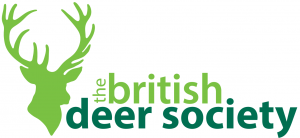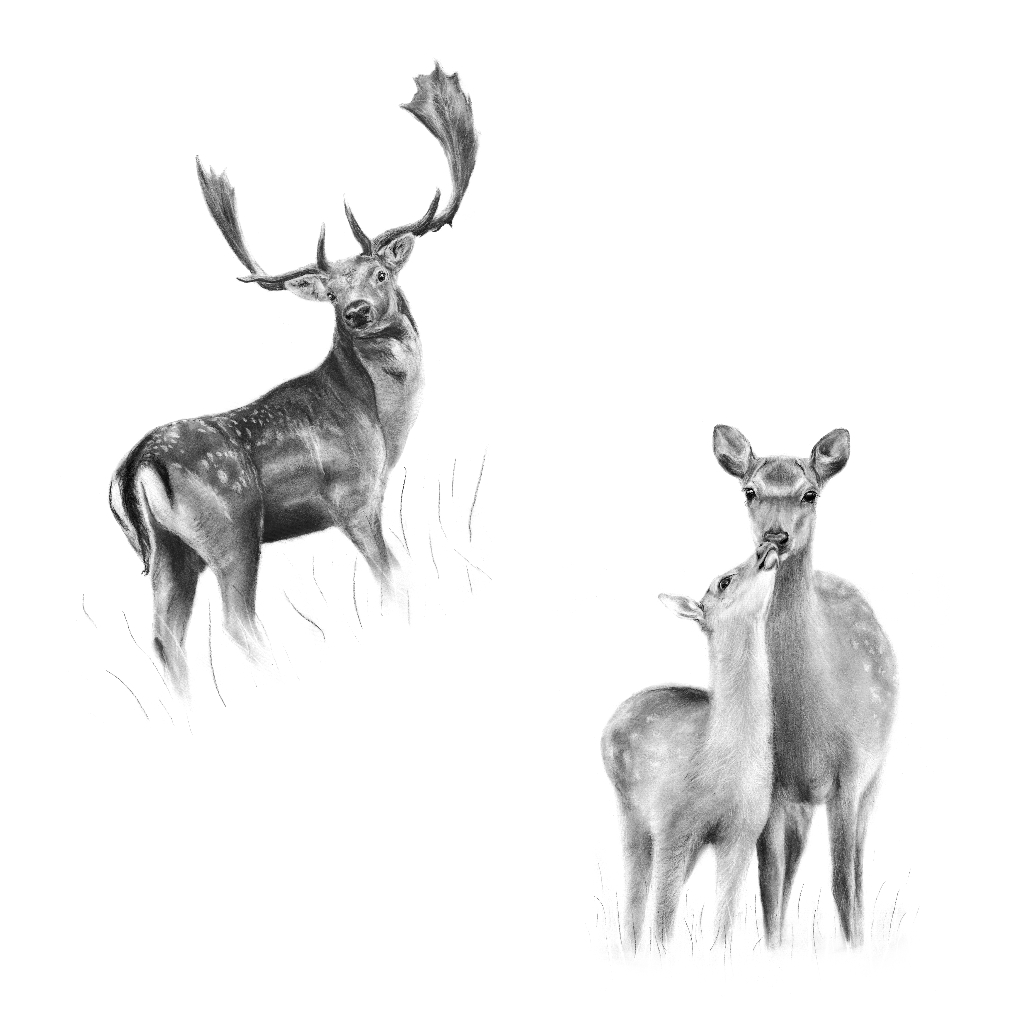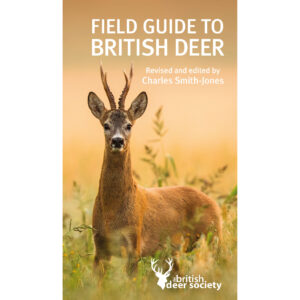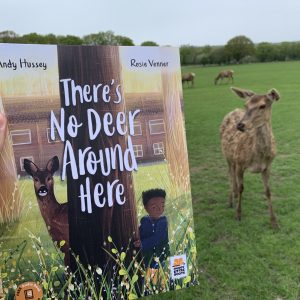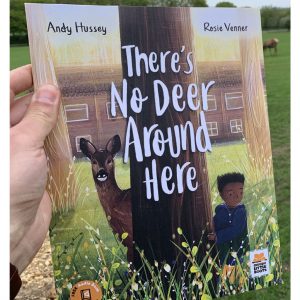Response To Scottish Deer Management Changes
Share article:
Article by:
James Scott, Policy & External Affairs Scotland, British Deer Society
The British Deer Society’s Response To Scottish Deer Management Changes
This week the Scottish Parliament voted on Government proposals to abolish the season for male deer in Scotland. Despite having been rejected by the Rural Affairs and Islands Committee, the Parliament voted to accept the Government proposal. This means that from 21st October 2023, there will be no close season for male deer of any species in Scotland.
In addition, the minimum bullet weight for larger deer (not roe) will change to 80gr and thermal and image intensifying sights will become legal from 1 November. An authorisation will still be required to shoot deer at night, but these sights can be legally used in daylight from November in Scotland.
Clearly, these are some big changes to the Deer (Scotland) Act 1996, and they mark the start of a period of wider legislative change to implement the 95 recommendations from the Deer Working Group (DWG) which the Scottish Government accepted.
How The BDS Has Been Speaking Up For Deer
The British Deer Society has been involved in the consultations and discussions around these issues both before and since the DWG report was published. We were extremely disappointed by the recent stakeholder engagement exercise where the majority of responses, including the British Deer Society response, did not support the abolition of male deer seasons. Despite that, the Scottish Government decided to press ahead regardless and had the draft legislation laid in Parliament only days after the consultation ended.
We were opposed to the abolition of male seasons. Although we accept there are limited deer welfare implications for some species, there is concern over stags on the open hill being harried and pursued after the rut. We also feel that there is a very real risk of our most enigmatic mega-fauna being treated as pests.
Feelings and emotions aside, and it can be very difficult to separate those out when it comes to deer management matters, we also felt that the focus on males was biologically wrong. Where deer are out of balance with their habitat – and we must all accept that this is the case in some areas – effective management of the female deer population is the only thing that will produce meaningful population reduction.
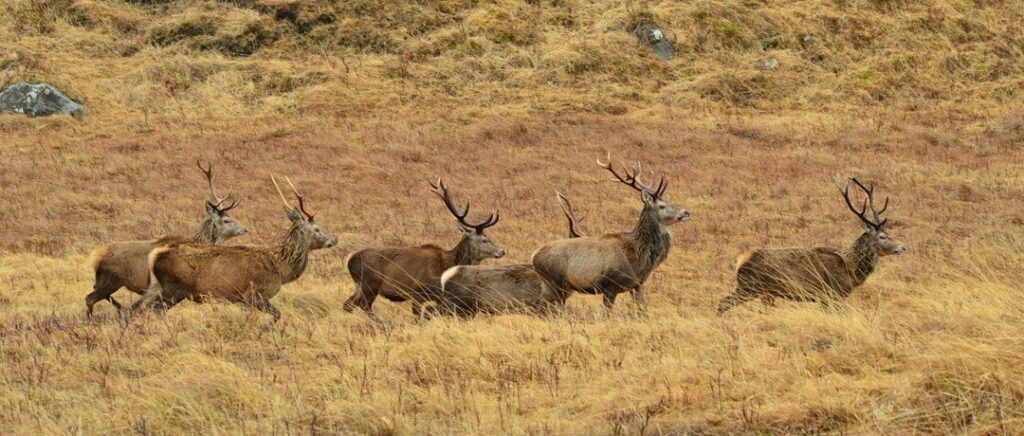
Responding To The Changes
We already know that for much of upland red deer range the Deer Management Groups are reaching agreements amongst themselves to stick to what was previously the male deer season. In much of the rest of Scotland, this change is effectively unnecessary as those needing to control male deer out of season have already been able to do so under a general authorisation.
We were less emphatic about changes to minimum bullet weights, and partly reassured by the retention of the current requirements for muzzle energy and muzzle velocity. This change makes the legislation throughout the UK more comparable and allows those with .243 to continue to manage our larger species of deer while transitioning to non-lead ammunition.
We would urge all BDS members to exercise caution – many popular 80gr non-lead bullets will not meet the muzzle energy requirements which remain unchanged at 1,750 foot pounds, with a velocity of 2,450 fps.
We had concerns about the use of image intensifying and thermal sights and had hoped that some of these would be addressed by these only being allowed for shooting at night under authorisation.
BDS were dismayed to learn, well after the consultation ended, that these were going to be made available for daytime use as well as for use at night under authorisation. Although this brings the Scottish legislation more into line with England & Wales, we are concerned about the potential implications of being able to use lighter bullets in a .243 in combination with some of these sights. There is very real potential for animal welfare issues to arise and, especially at night, a successful follow up leading to a humane dispatch may be very difficult to achieve.
Although others made more of the potential safety implications of the use of these sights, we need to be collectively aware of the need to ensure we are continuing to manage deer in a safe and humane manner as we adapt to new technology. The majority of Scotland’s deer sector, including BDS, had asked for mandatory training in the use of these sights and it is frustrating that this has been ignored.
We need to remember that our primary focus is deer welfare. While change is uncomfortable we should not be against something purely because it is a different approach.
Some of these changes have the potential to have negative outcomes for deer welfare and a key part of our response and position was that any change should be monitored and reviewed. Again, this seems to have been ignored.
While we know many members will be concerned about these changes, there is nothing that compels people to change their current practices.
We must be aware of the unintended or potential risk to deer welfare or public safety that these changes could bring and do all we can to practice, upskill and exercise our discretion and judgement. These matters are now passed by the Scottish Government – unless there is overwhelming evidence of problems, it is unlikely they will be changed.
What Next
The real issue now lies with the other changes proposed by the Deer Working Group. These are likely to involve changes to female seasons which will be a key issue for us. Rest assured that the British Deer Society has been working on these issues for a long time.
Our position may at times look strange to a traditionalist, but we must be pragmatic whilst protecting deer welfare. Scottish Branch Chairs, through Scottish Council, have been involved in these discussions, so BDS members please do make your views known to your Branch committee so they can be properly reflected back at our meetings and help to shape policy.
The BDS has been and continues to work hard to advocate for deer at all levels but we can’t do it without your support. We continue to engage with the current process and rest assured we will keep speaking out when deer welfare is being compromised or undermined.
PLEASE HELP US TO SPEAK UP FOR DEER
If you believe deer deserve better and should be managed fairly and humanely then get involved by:



